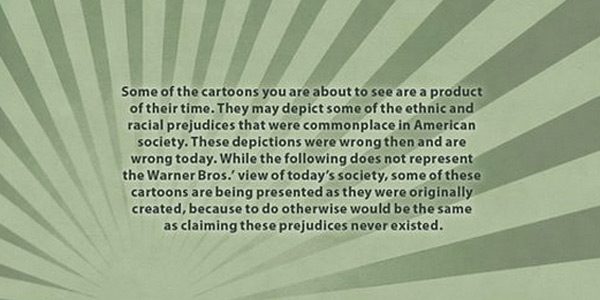You know that book that makes you so indescribably angry that you want to throw it across the room, or worse? It could be for a variety of reasons: outdated thinking, bigoted and ignorant concepts, childish writing, a poorly done ending to an otherwise good book, and so on. I’m willing to bet that all of us fellow bookworms have experienced it, and I know that I hate to even think of these books.
I’m going to argue that those are the books that we need to read.
It sounds crazy and just a smidge masochistic (okay, maybe a lot), but all the reasons I’m about to list boil down to one, simple truth: all books, even the ones that make you rage, are basically mirrors to yourself. Here are 5 reasons how – as well as tips to get through that darned book in the first place.
1. You Can At Least Know Why
When you tell yourself or someone else you hate a book, there’s always a lurking question: why? What about this work made you so angry that you wanted to explode? Asking this question might send you on another tirade, but this is so important. Because at the end of the day, books are meant for discourse. Whether your reasons are petty – the writing is terrible, or substantial – the author is displaying racist, sexist, homophobic, etc concepts, you now know more about yourself. You know what you find unacceptable, and can apply it to everyday life. Whether that’s in your own writing, reading choices, or addressing others in their discourse, you now have an arsenal to draw from.
Tip: Use this concept to get through that book. If you own this book, underline paragraphs in particular that make you angry, and write a quick note why. If the book doesn’t belong to you, write notes on sticky tabs and notebook paper. Having an ongoing conversation with yourself will make reading go by faster.

Source: Wiki How
2. Join The Conversation
At the risk of sounding like an elitist jerk, I thought the Twilight and Fifty Shades series sounded stupid and morally problematic from the get go before reading them. When Twilight was released (I was in high school), my friends couldn’t stop talking about it. With Fifty Shades of Grey, it was an internet sensation that was EVERYWHERE. I felt like saying a bad word about either of these series was only going to end with my voice drowned out, but I was incorrect. My voice wouldn’t be swallowed… as long as I knew what I was talking about. Like anything else, just having a broad idea isn’t enough for debate. If you want to change opinions, and show how a work is anti-feminist, amoral, cliché, sophmoric, whatever… you need to read the book. No one in the conversation will take you seriously otherwise.
Tip: Use this for motivation. It sounds trite, but it’s true. Imagine how you can argue your point as you get through the book, and again, take notes. Having the potential to change others’ minds is a powerful, powerful thing.
3. Remember The Past
Ethnic, sexual, and race prejudices are everywhere, in our past and present. However, we can’t deny how far we’ve come: there are plenty of novels and short stories that were products of their time, written in the past. Even though reading from the past can make us rage from the ignorance of that time period, we can’t ignore them. Otherwise, we are destined to repeat those mistakes. Here is a quote released from Warner Bros about Looney Toons that summarizes this notion quite nicely.
Tip: Understanding the time period where a certain work comes from can help diminish the anger you feel while reading the book. It doesn’t make it better, or right, but it may be of some comfort that these concepts were never true.

Source: Cinema Blend
4. Know Your Own Ending
Sometimes, readers will rage at a book because of unrealized potential. Maybe the book had the best plotline in the world, but was ruined with sloppy writing. Or maybe it was brilliantly written, and then it fell to pieces at the end. By pinpointing these problems, you can still get the most out of that book anyway. Think it through. You can imagine how the characters and plot should have been carried out. Maybe this will lead somewhere. Maybe you’ll write your own book, or maybe you’ll just think about it for a while. Either way, you will learn something.
Tip: Make a project out of the book. How would you end the book? How would you edit it? And if you’re a writer, write what you think the book was truly about.

Source: Mental Floss
5. The Author
Often times, a book seems far removed when we read it. We can forget that a living, breathing person wrote this work. But it’s true: we forget about the person behind it, and that this was something from his or her heart that they wrote. This is a sobering thought. While sometimes we can’t believe someone would write a work, they did anyway. Why? Applying empathy and an open ear to a book can reduce our rage, and even help us begin to understand the work.
Tip: Research the author. Can you find why the author would write such a work? Can you understand where this work came from?

Source: Knote
How do you deal with books that make you angry? Can you get through one?
YouTube Channel: T. Reads
Featured image via Barnes and Noble




